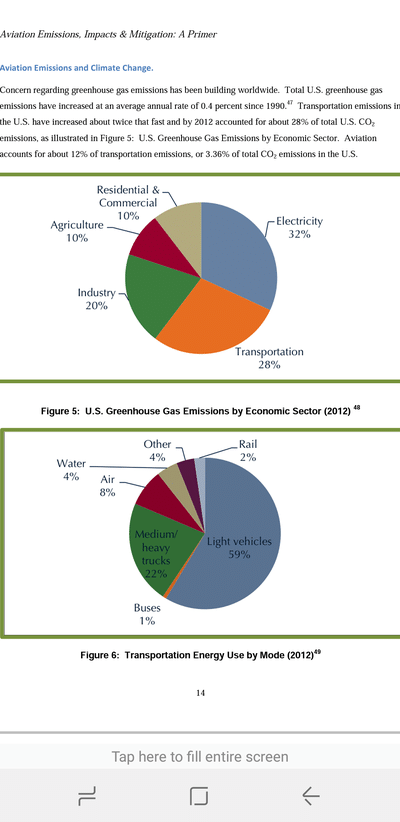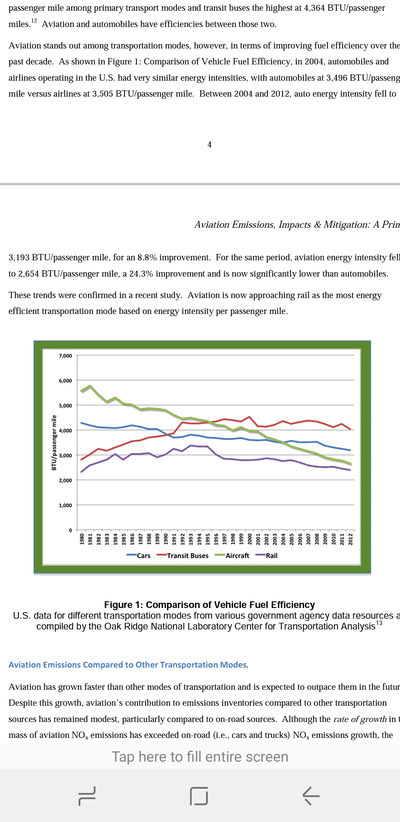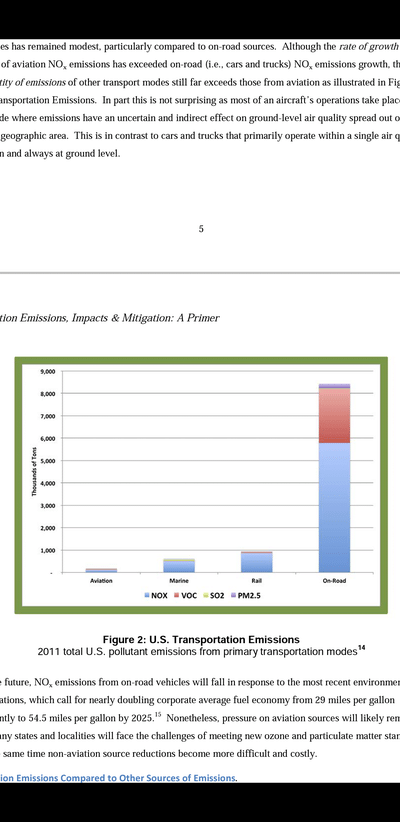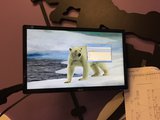cool_nameLol except it makes no sense to think of it in people terms, as people can go to the grocery store. There is no grocery store for polar bears. They get old and become slower and start having trouble catching food, which becomes a vicious cycle.
If you think of it in people terms in less developed countries (which would be more comparable to life as a wild animal), they absolutely die of starvation.
Honestly though, what makes you think that any animals shouldn't and dont die of starvation? Haven't you ever seen that graph of fox and rabbit populations?
I'm not sure what planet you live on, but the polar bears only home is getting smaller and source of food (aka seals) is declining due to ice receding. Yes certain populations are increasing (great job you can Google), but there are other populations that are either decreasing or are stable. Polar bears are categorized as "vulnerable" and expected to decline 30% over by 5050. This is a direct result of global warming and not click bait.
Yes it is possible that they may adapt and rebound in numbers, but that is not what scientists are predicting. Your rabbit and fox example is good but not the same. What you are referring to is called a Population Cycle. While fox populations go through boosts and declines (as do many other populations such as deer with vegetation.), they eventually rebound as the population of their food is allowed to flourish again. This polar bear thing is not a cyclical event that has been experienced over and over in nature such as fox and rabbits or other animals. The seal populations will not return to the polar bear habitats until ice increases, which if you haven't heard, isn't getting bigger.
Next time, I suggest know what you're talking about before trying to relate and apply bad examples as fuel to your Google educated fued. I'm giving you a C+ on your argument.



















